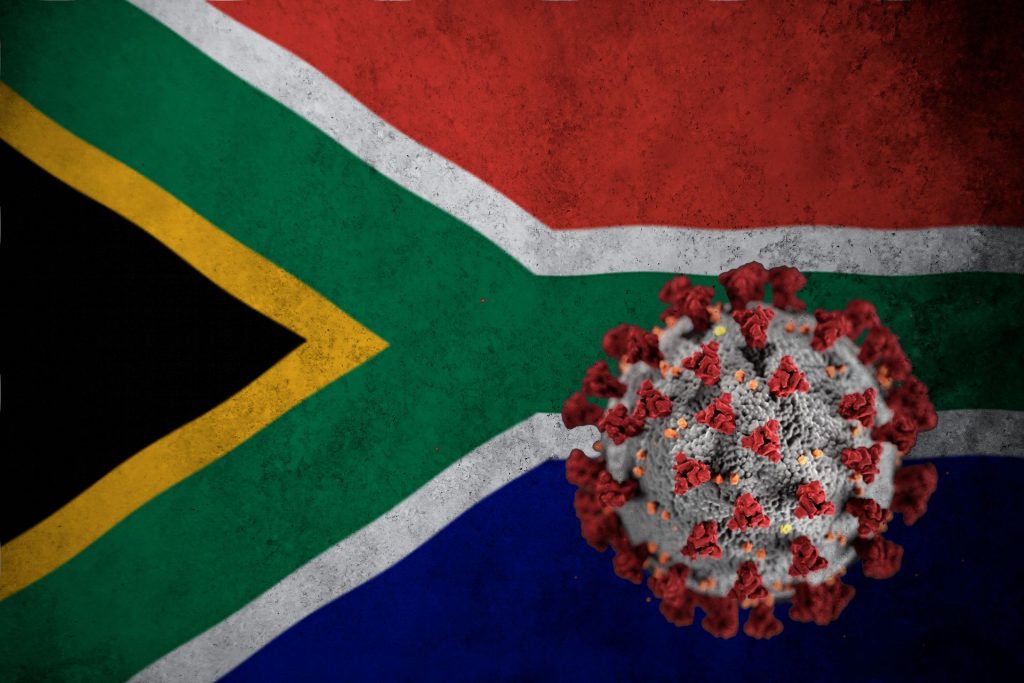
Gauteng Premier David Makhura has stated that the province is not vaccinating enough people, which he acknowledged jeopardises its ambitious plans of having 70% of the population vaccinated by year end.
In a media briefing on Monday regarding the province’s vaccination rollout, he revealed that of Sunday, 5.3 million vaccines have been administered. More than 2.6 million people in Gauteng have been fully vaccinated. Gauteng’s infection rate has stabilised, with the number of active cases having fallen to approximately 1000.
The Premier said that as things currently stand, there are still 4.4 million people in Gauteng that have to be vaccinated by the end of December. Makhura said that while they are still focussed on the target, it is becoming difficult to achieve, given the low numbers of people coming in for vaccinations.
“We are not retreating on our target of 70%, but the idea that we will meet 70% by mid-December is becoming a target that is elusive. The vaccination rate per day in Gauteng, on average during the week we are just between 52 and 58 000. We have fallen below the mid 60 000 daily vaccination rate. In September, we were doing extremely well. We were getting around 65-75 000.”
Based on last week’s total of 313 790 vaccinations, with 11 weeks in the year that would mean only about 3.5 million vaccinations administered – let alone persons fully vaccinated with a second dose. Concerns had been voiced at the end of September about flagging vaccination rates in South Africa as a whole.
Makhura also highlighted the low turnout of people in the province’s townships.
“Our townships are lagging behind. The substantial vaccinations are happening in more suburban areas, and the townships are lagging behind. Those townships in the south, Orange Farm and Palestine, we have the lowest number of vaccinations in the south of Johannesburg, that’s where we have 11% vaccination in terms of just single doses,” he said.
Professor Bruce Mellado, of the Gauteng Provincial Command Council, said that, there was still a need to be cautious, especially with big events on the horizon, such as the municipal elections, saying:
“While the situation in the Gauteng Province remains stable and low risk, the risk of a fourth wave is very, very high. In fact, we predict that the fourth wave will hit sometime between November and January as we expect a number of super-spreader events to follow in a row. That’s something we have to have in mind.”
“We should not be confused or misled by the fact that we are currently in a situation of low risk, but that can change quite rapidly,” Prof Mellado cautioned.
Source: The South African

